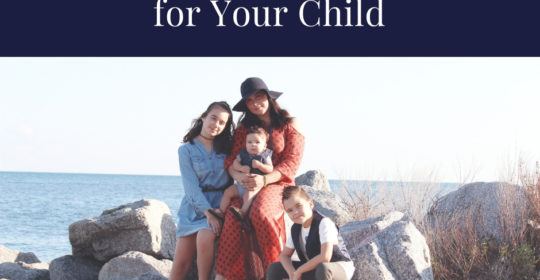
6 Reasons to Get HPV Vaccine for Your Child
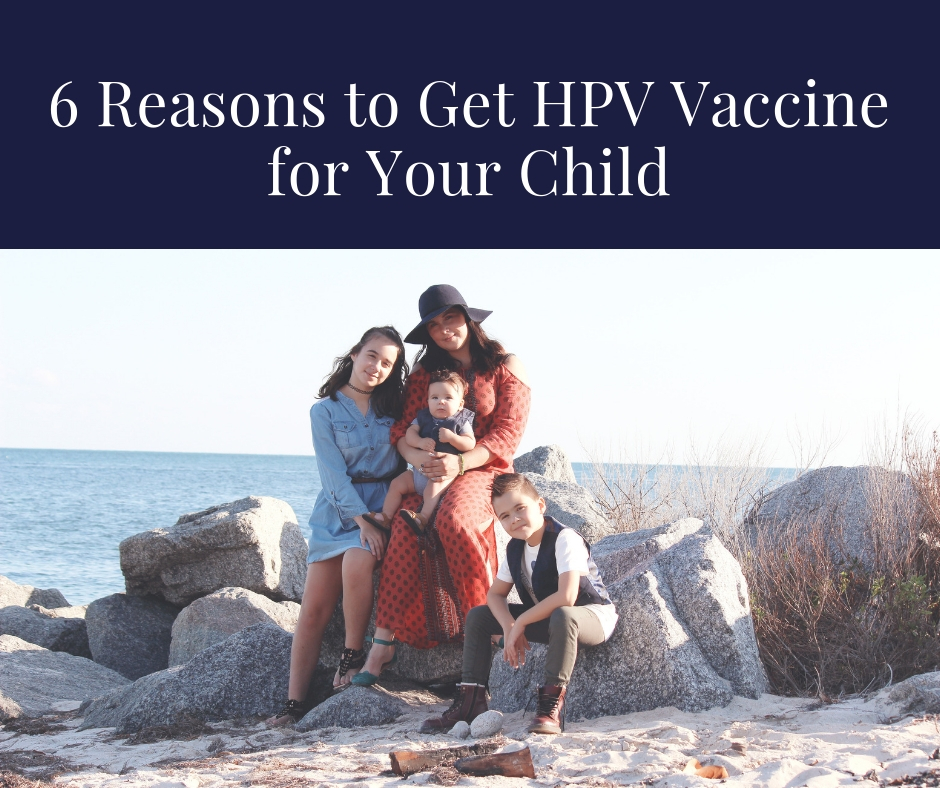
CDC recommends two doses of HPV vaccination at ages 11-12 to protect against cancers caused by HPV infections. See six important reasons to get HPV vaccine for your child, and talk to your child’s doctor or nurse about HPV cancer prevention at ages 11-12.
1
HPV is common. Almost every person who is sexually active will acquire HPV at some time in their life without HPV vaccination. About 14 million Americans, including teens, become infected with HPV each year.While most HPV infections will go away on their own, infections that don’t go away can cause certain types of cancer in men and women. HPV can cause:
- cancers of the cervix, vagina, and vulva in women;
- cancers of the penis in men;
- cancers of the anus and back of the throat (including the base of the tongue and tonsils) in men and women.
2
HPV vaccination is preventing cancer-causing infections. Since HPV vaccination was introduced over 10 years ago, HPV infections have dropped significantly. Infections with HPV types that cause most HPV cancers and genital warts have dropped 71 percent among teen girls.
3
HPV vaccination is cancer prevention. HPV causes over 33,700 cases of cancer in men and women every year in the U.S. HPV vaccination can prevent over 90% (31,200) of these cancers from ever developing by preventing the infections that cause those cancers.
4
Getting HPV vaccine for your child now is better than treating an HPV cancer later in life. While doctors routinely screen for cervical cancer, there are no recommended cancer screening tests to detect the other five types of cancers caused by HPV. HPV vaccination can prevent these cancers from ever developing.
5
Three vaccines are recommended for 11-12-year-olds to protect against the infections that can cause meningitis, HPV cancers, and whooping cough. You can take advantage of any visit to your child’s doctor get recommended vaccines for your child, including sports physicals or annual checkups before the school year.
6
You can give your child safe, effective, and long-lasting protection from cancers caused by HPV with two doses of HPV vaccine at ages 11-12. With over 100 million doses distributed in the United States, HPV vaccine has a reassuring safety record that’s backed by 10 years of monitoring and research.Like any vaccine or medicine, HPV vaccines can cause side effects. The most common side effects are mild and include pain, redness, or swelling in the arm where the shot was given; dizziness, fainting, nausea, and headache. Fainting after any vaccine, including HPV vaccine, is more common among adolescents.To prevent fainting and injuries related to fainting, adolescents should be seated or lying down during vaccination and remain in that position for 15 minutes after the vaccine is given. The benefits of HPV vaccination far outweigh any potential risk of side effects.
Source:
CDC



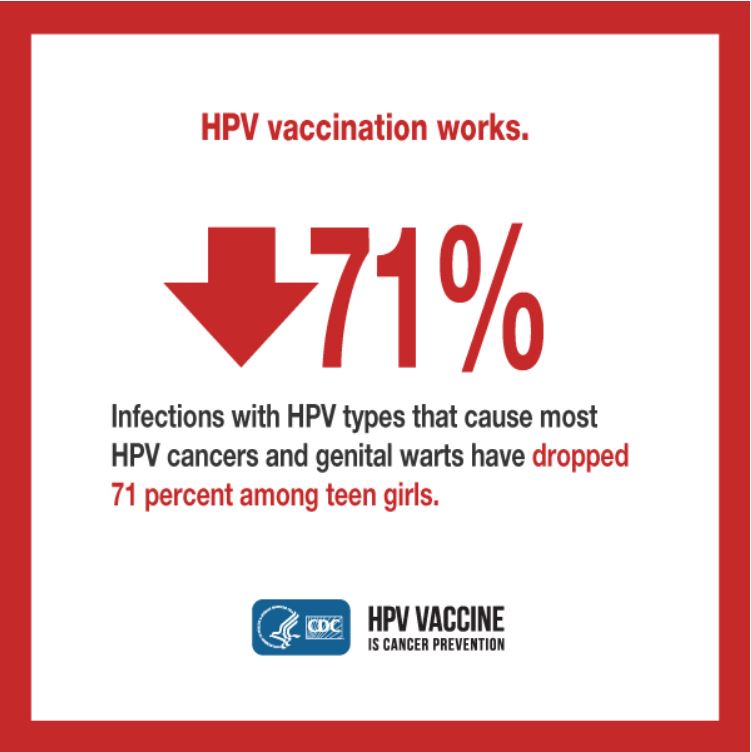
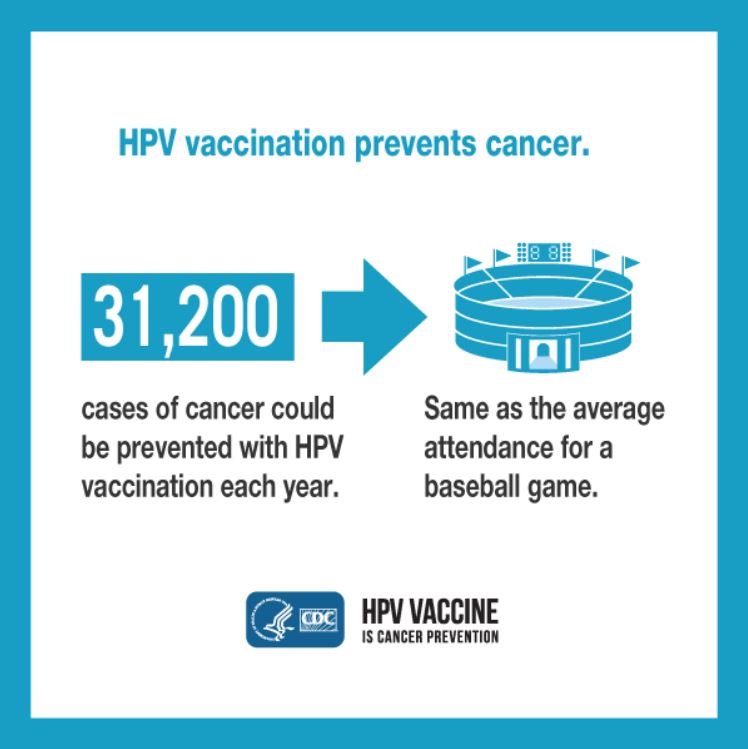
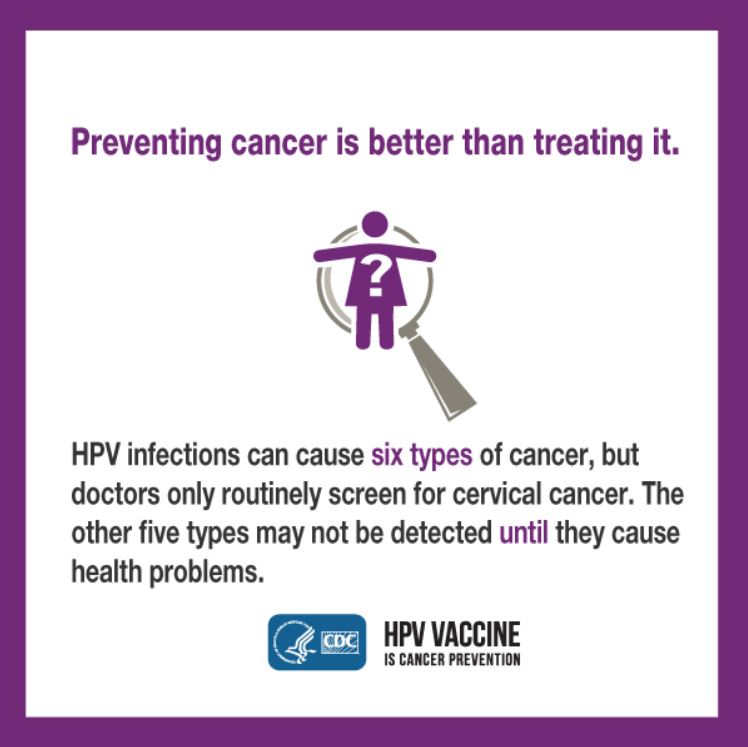
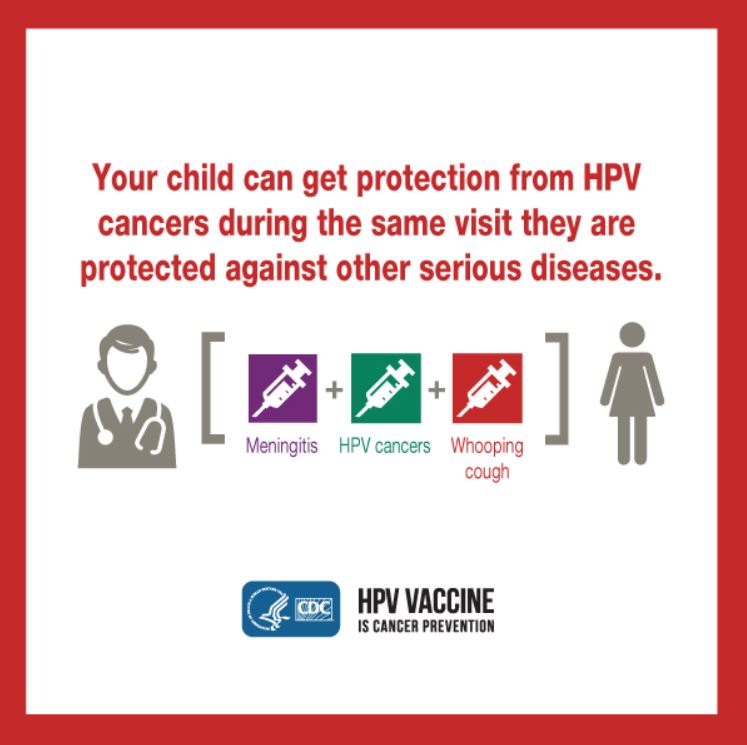
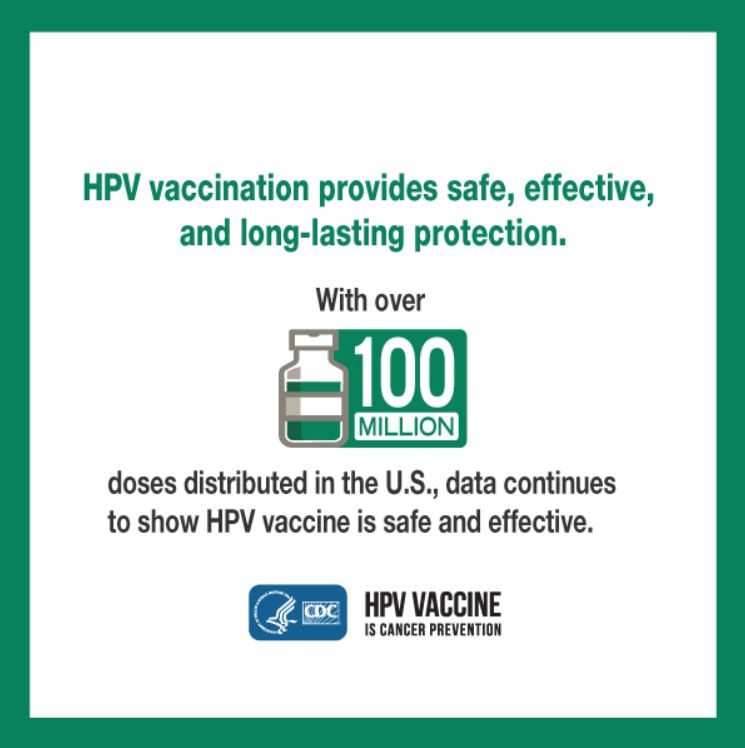
Most Commented